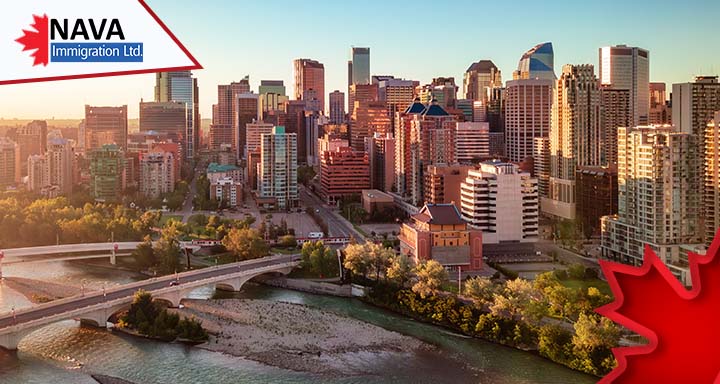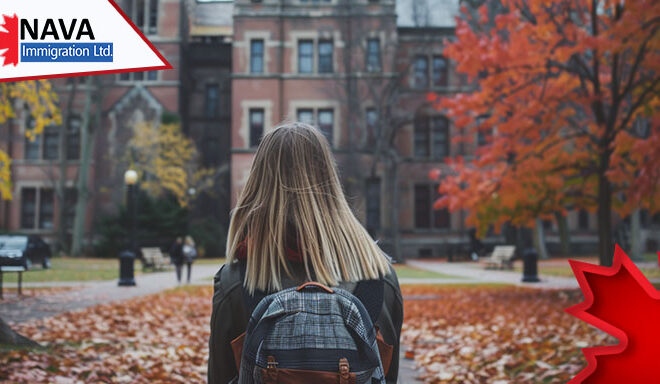How Newcomers Can Bring Their Valuable Belongings To Canada?
Moving to Canada involves the transfer of personal belongings. This is to say nothing of the money that newcomers will need when beginning a life in Canada and which they will likely bring to the nation from abroad. So, how can newcomers bring their valuable belongings to Canada?
Well, there are cheap, safe, and legal methods by which newcomers can bring valuable assets with them to the nation. Let’s see how!
What Can Newcomers Bring With Them When Coming To Canada?
The Canadian Border Services Agency (CBSA) governs Canada’s borders and determines who and what can cross them. When moving to Canada, newcomers might bring personal and household items with them without paying duty—so long as they announce the items brought with them to a CBSA officer.
Specifically, newcomers moving to Canada will not need to pay on duties on the:
- Books
- Linens
- Clothes
- Jewelry
- Antiques
- Furniture
- Silverware
- Musical instruments
- Gifts worth CDN $60 or less each
- Hobby tools and other hobby items
- Private collections of coins, stamps, or art
- Appliances, such as a stove or refrigerator
Newcomers may, however, have to pay duties on the:
- Farm equipment
- Vehicles you plan to use for business
- Equipment you plan to use in:
- Contracting
- Items you have bought on your way to Canada
- Construction
- Manufacturing
- Items you have leased or rented and;
- Lastly, the CBSA does not consider leased or rented items things that you own.
In addition, newcomers and immigrants may have to pay a duty on any unused item they bring.
Some items have certain conditions on their entry to Canada. These include:
- Wedding gifts, which may be brought without paying duties if couples have owned the gifts before arriving in Canada and if they:
- Marry within three months of coming to Canada
- Plan to marry no later than three months after arriving in Canada
- One can bring vehicles to Canada duty-free if they are only for personal use and meet Canadian safety and pollution control standards;
- Jewelry or precious items, which may need greater documentation and description in declarations; and
- One can bring gifts worth CAD 60 or less may to Canada duty-free. Newcomers may have to pay duties on gifts above CAD 60 in value and cannot import alcohol or tobacco as gifts into Canada.
Individuals can bring some items into Canada in specific quantities, duty-free, via a personal-use exemption.
Lastly, certain goods are restricted and prohibited, meaning they cannot be brought into Canada, or special permits are required to do so.
If newcomers are not sure whether they will have to pay duties on an item, they can to bring sales receipts as well as relevant registration documents with them.
How Much Money Can Newcomers Bring With Them To Canada?
Newcomers can bring their valuable belongings to Canada. In addition, the CBSA requires that whether travelers are entering or leaving the nation, they must declare ‘any currency or monetary instrument valued at CAD $10,000 or more’ that is on their person. In addition, this amount includes Canadian and foreign currency or a combination of both. So, what this implies is that newcomers can bring a substantial amount of wealth with them into Canada duty-free via a simple declaration of money or monetary instruments.
Monetary instruments in this context refer to:
- Stocks
- Bonds
- Traveler’s Cheques
- Money orders, cheques, bank drafts
In addition, any funds sent to or from Canada that meet the above criteria must also be declared.
How To Make A Declaration To CBSA
Clearing Customs At The Airport
Upon arrival in Canada, newcomers must declare to the CBSA. Below is a step-by-step guide on how to do it.
- Scan Travel Documents:
When their flight lands, newcomers can head to an airport kiosk or eGate to scan their travel documents. All travelers at an eGate will be prompted to make a deceleration on the screen. Note that a maximum of five travelers can use one kiosk at a time, and solo travelers aged 16 or above can use eGates.
- Review and Edit The Declaration
After scanning documents, newcomers can easily review their declaration at the kiosk or eGate. If one needs to make any changes, one can edit the declaration at this point.
- Submit The Declaration
Once the declaration has been reviewed and any necessary edits are made, it can be submitted.
- Proceed To CBSA Officer:
Once the kiosk or eGate prints a receipt, newcomers can proceed to a border services officer for further processing. Here, they might be asked to verify their declaration or provide further details.
Submitting An Advance Declaration
If newcomers would like to make an advance declaration, they can do so by using the ArriveCAN app. Here’s how:
Sign In To The App: Access the ArriveCAN app or the web version online and follow the prompts to sign in:
- Confirm Travel Document Information:
Enter and confirm necessary travel identity document information, like a passport.
- Answer Questions:
Answer the customs and immigration questions truthfully.
- Submit A Declaration:
Submit an advance declaration at least 72 hours before arriving in Canada.
- After submitting the declaration, a confirmation screen will appear, acknowledging successful submission.
Note: If the submitted declaration changes before arrival, newcomers can update it at the airport kiosk or eGate.
If a declaration is not certified by the newcomer submitting it at an eGate or kiosk within 72 hours of submitting it – it will expire. In this case, a new declaration needs to be submitted. Therefore, this might be necessary if a flight is delayed or a trip is postponed.
Goods To Follow
Newcomers can bring their valuable belongings to Canada. So, if newcomers have goods that they will bring to Canada on subsequent trips, they might submit a ‘goods to follow’ list as part of your CBSA declaration. This will allow them to bring goods in the future without having to pay a tax or duty – so long as the goods are included in the original ‘goods to follow’ list.
If you seek information on how to begin your Canada immigration application process, you can talk to our NavaImmigration experts at 1800-918-8490, or you can drop us an email at [email protected].





